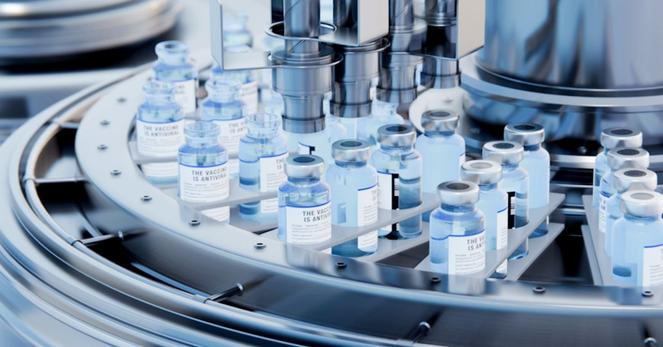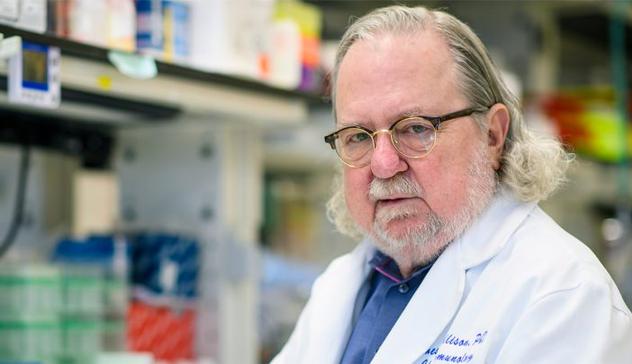The mRNA technology behind coronavirus vaccines is now being used to create bespoke vaccines for cancer patients.
"Cancer vaccines weren’t a proper field of research before the pandemic. There was nothing. Apart from one exception, pretty much every clinical trial had failed. With the pandemic, however, we proved that mRNA vaccines were possible.
mRNA cancer vaccines work by giving the body instructions to make a harmless piece of a cancer-related protein. This trains the immune system to recognize and attack cancer cells carrying that protein. Think of it like a training manual for security guards. The vaccine gives the immune system a guide on what cancer looks like, so it knows exactly who to watch for and remove.
Going from mRNA Covid vaccines to mRNA cancer vaccines is straightforward: same fridges, same protocol, same drug, just a different patient.
In the current trials, we do a biopsy of the patient, sequence the tissue, send it to the pharmaceutical company, and they design a personalized vaccine that’s bespoke to that patient’s cancer. That vaccine is not suitable for anyone else. It’s like science fiction.
The UK was ready. We had fridges and we had world-class manufacturing and research facilities. During the pandemic, we had proven we could open and deliver clinical trials fast. Also, the UK had established a genomic global lead with Genomics England and the 100,000 Genome Project. All doctors and nurses in this country are trained in genomics.
So the UK government signed two partnerships: one with BioNTech to provide 10,000 patients with access to personalized cancer treatments by 2030, and a 10-year investment with Moderna in an innovation and technology center with capacity to produce up to 250 million vaccines. The stars were aligned.
For many years, we believed that research is inherently slow. It used to take 20 years to get a drug to market. Most cancer patients, unfortunately, will succumb by the time a drug gets to market. We showed the world that it could be done in a year if you modernize your process, run parts of the process in parallel, and use digital tools.
We have a trial to stop skin cancer coming back after you cut it out. It’s now completed. We over-recruited again, just like every single one of the trials that we ran, and the trial finished one year ahead of schedule. That’s completely unheard of in cancer trials because they normally run over-long.
What will happen now is that, over the next six to 12 months, we will monitor the people in the trial and work out if there’s a difference between the people who took the cancer vaccine and the ones who didn’t. We’re hoping to have results by the end of the year or beginning of 2026. If it’s successful, we will have invented the first approved personalized mRNA vaccine, within only five years of the first licensed mRNA vaccine for Covid. That’s pretty impressive."
- Dr. Lennard Lee, UK National Health Service oncologist and medical director at the Ellison Institute of Technology in Oxford
https://www.wired.com/story/wired-health-lennard-lee-cancer-vaccines/

